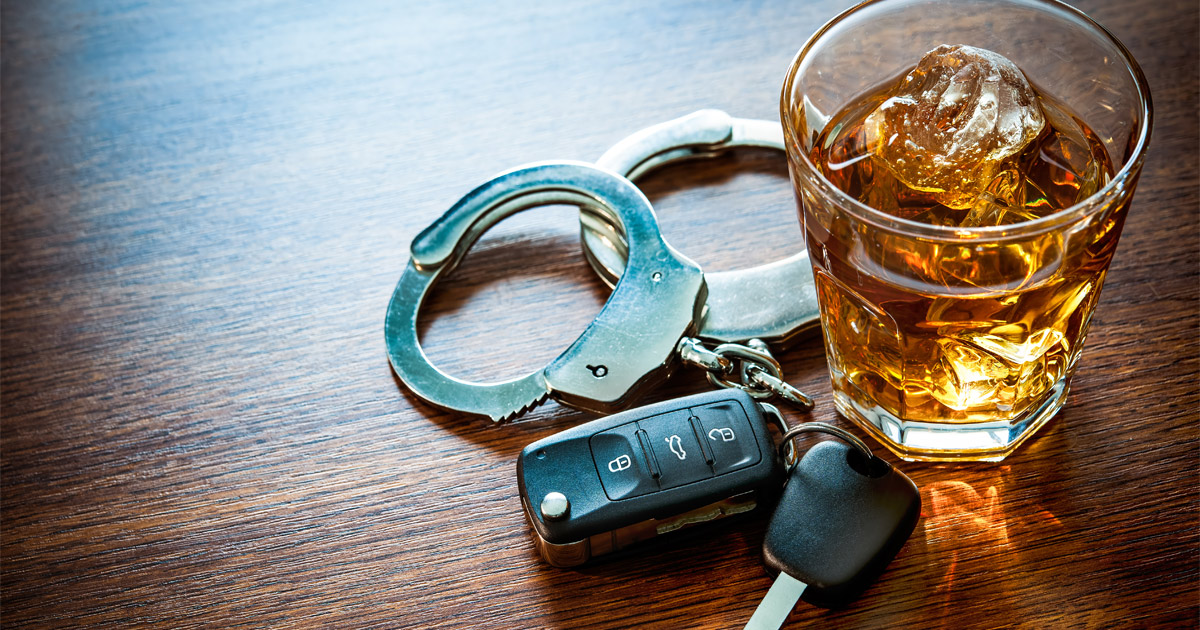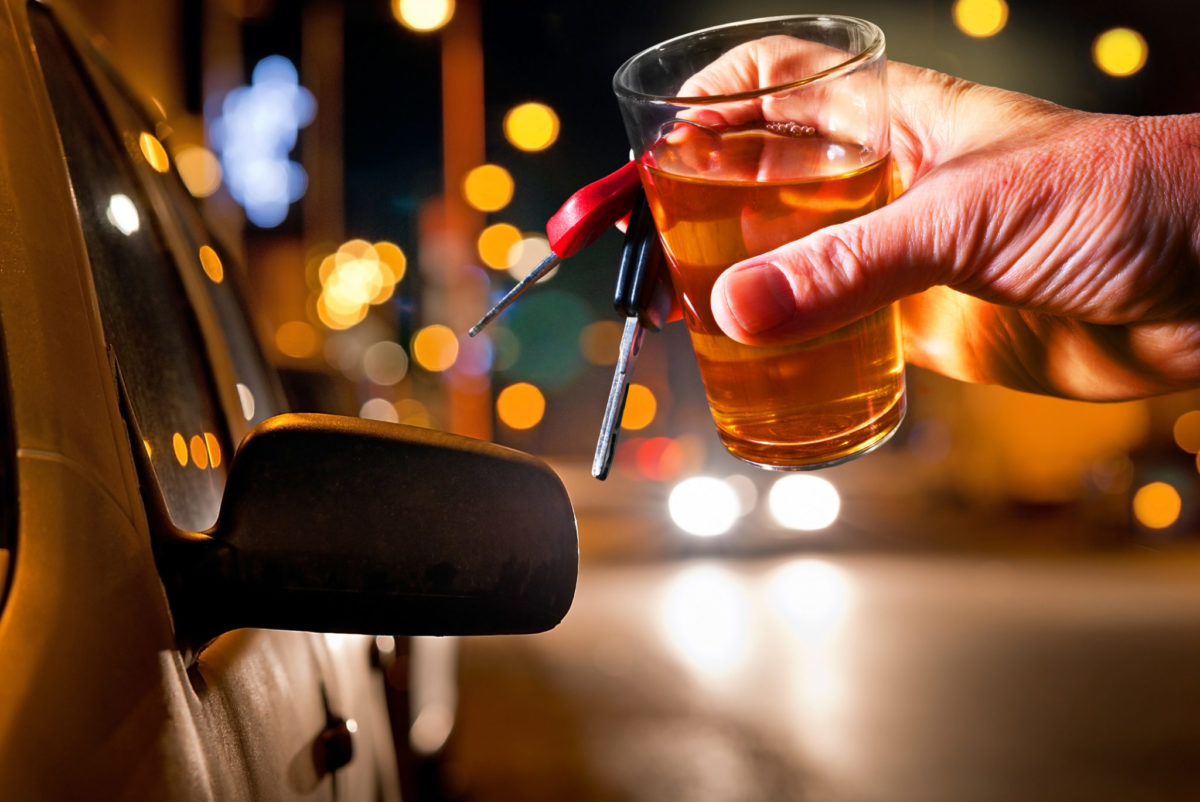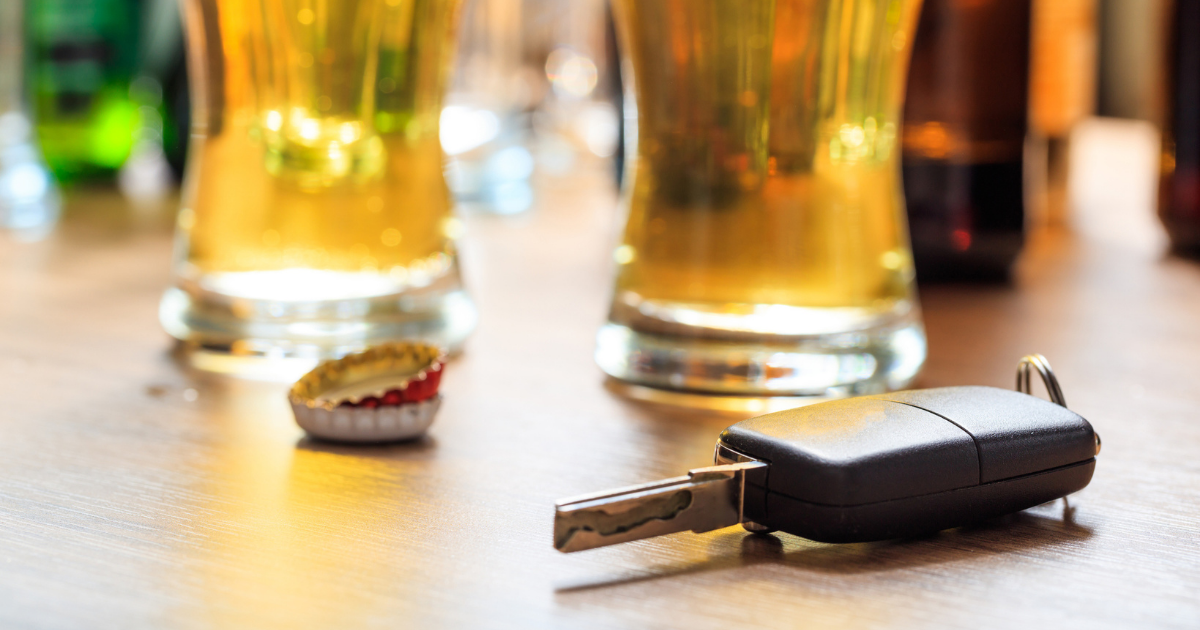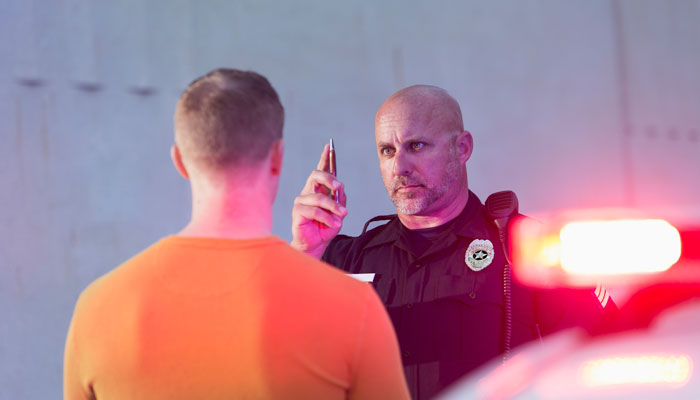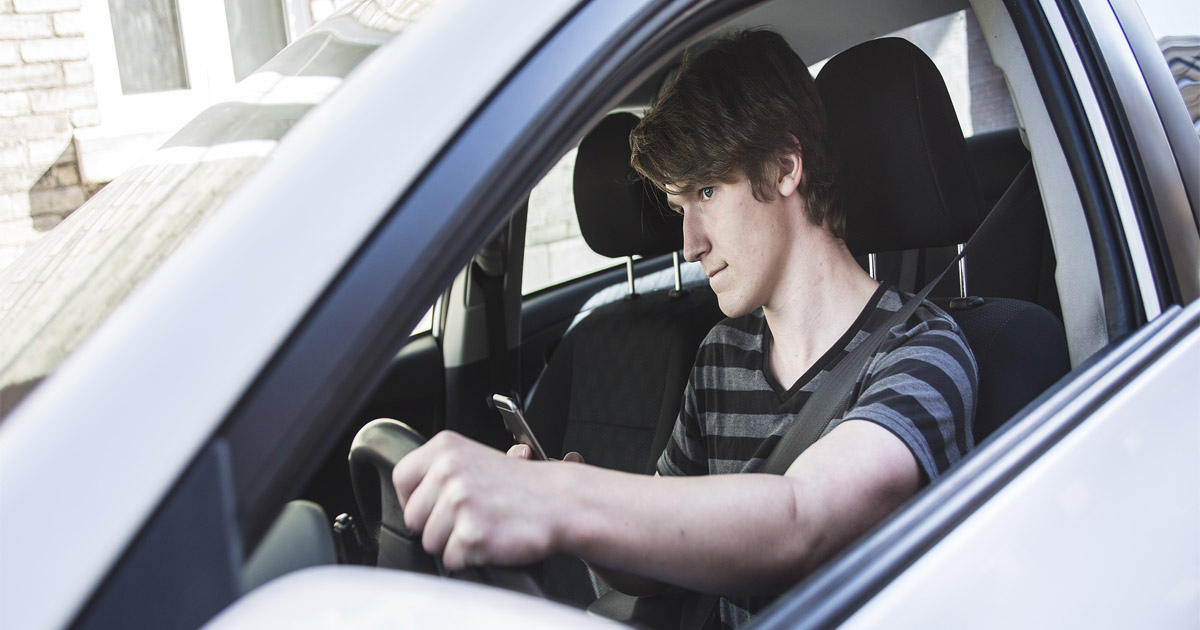Can I Still Get a DUI Charge After Passing a Field Sobriety Test?
Seeing a police car’s flashing lights behind you is a stressful experience. If you are on your way home from a night out with friends and you had a couple of drinks, getting pulled over means that the officer will probably ask if you have been drinking. They may ask you to take a breathalyzer test and perform a field sobriety test. Given that you only had one or two drinks, you may feel confident that the breathalyzer test will show that your blood alcohol content (BAC) level is well below the legal limit. However, even if you pass the field sobriety test, the police officer can still arrest you if they suspect that you were driving under the influence (DUI) of alcohol.
Just because you were arrested, that does not mean that you do not have rights. If you were arrested for driving while impaired after passing a field sobriety test, you are urged to contact a skilled lawyer as soon as possible.
What Are the Components of the Standardized Field Sobriety Test?
Field sobriety tests are used by law enforcement officials to determine whether a motorist is driving while impaired. The National Highway Traffic Safety Administration (NHTSA) developed the standard field sobriety test, which includes the following components:
- Horizontal gaze nystagmus test: Police officers use this test to look for nystagmus, which is a condition that causes involuntary movement in the eyes. It is often an indication of alcohol or drug impairment. The officer tests for nystagmus by holding up a pen or light and asking the motorist to track the movement as the officer moves it across their field of vision.
- One-leg stand test: The motorist who is pulled over will be told to stand with one leg off the ground and count to a certain number. This is a split-action test, which involves having to perform two actions at once.
- Walk-and-turn test: This is another example of a split-action test. The motorist is instructed to walk in a straight line, heel-to-toe, then turn around and walk the same straight line. In some cases, the officer will tell the motorist to count their steps as they walk.
How Accurate Are Field Sobriety Tests?
When administered together, these field sobriety tests help officers predict whether a motorist has a BAC level at or above 0.10 percent. However, these tests are essentially coordination exercises, and even the slightest balance check or hesitation will be used against the driver, despite the fact that they may be simply nervous.
There are some motorists who have naturally occurring nystagmus, as well as certain head and eye conditions that make the horizontal gaze nystagmus test irrelevant. The walk-and-turn test can be very difficult for elderly drivers or people who are overweight. In addition, if the motorist walks in a regular stride instead of heel-to-toe or turns around too early, the officer may mark that as a sign of intoxication. The one-leg stand test can be difficult under any circumstances, particularly when the motorist is nervous. However, elderly drivers and overweight motorists often find it very difficult to stand on one foot for 30 seconds.
Other tests, like telling the motorist to recite the alphabet backwards, have not been validated to prove that a motorist is under the influence of alcohol. Yet, police officers continue to use these unfair testing methods.
Can I Refuse a Field Sobriety Test?
Not only do you have the right to refuse a field sobriety test, but many lawyers recommend that you do so since they are not considered an objective measurement of impairment. In fact, some believe that the tests are set up to make you fail. Poor weather conditions, uneven roadways, and physical or mental health conditions can cause you to perform poorly on the field sobriety test, even if you did not consume any alcohol.
Police officers often use field sobriety tests to provide probable cause to test your breath, blood, or urine for alcohol. From the moment you roll down the window, they will be looking for intoxication clues. If the officer asks you to perform a field sobriety test, they must make it clear that it is voluntary and that you have the right to refuse. Oftentimes, police will use coercive language or suggest that it is in your best interest to perform the field sobriety test. This is simply not the case. If you do refuse to take the test, do so in a way that is respectful and polite.
If you were given a field sobriety test and the officer believes that there is enough evidence to suggest that you are under the influence, they may request that you take a preliminary breath test. This test is also optional. However, if you refuse to take the test, the officer may detain you and take you to the police station where you will be asked to take a more accurate non-roadside chemical test. In addition, refusing to take the roadside test may result in stiff penalties, including an automatic suspension of your driver’s license. Generally speaking, it is not in your best interest to refuse the non-roadside chemical tests.
How Accurate Is a Breathalyzer Test?
In addition to the field sobriety tests, police officers also use a breathalyzer device to obtain a preliminary alcohol evaluation. This test is not as accurate as the breath chemical testing machines that are done at the police station. However, if the results of the breathalyzer test suggest that your BAC level is above the legal limit, you may be arrested and brought to the station for a more accurate chemical test.
Even if you tested below the legal limit, it does not necessarily mean that you are off the hook. In Georgia, the legal blood alcohol limit is 0.08 percent for adult drivers who are not operating a commercial motor vehicle. However, you can still be arrested for impaired driving with a BAC level of 0.02 percent if the police officer suspects that you are under the influence of drugs, which are not detected by standard breathalyzer tests.
In addition to being less accurate than a blood test, there are a number of factors that can produce a false positive with a breath test, including the following:
- You recently used mouthwash or a breath freshener.
- You ate food that was cooked in wine or some other type of alcohol.
- You take certain medications, including those that are administered with an inhaler.
- You took an over-the-counter medicine, like cough syrup.
- If you work with certain chemicals, like paint, varnish, lacquer, or cleaning fluids, you may retain chemical fumes in your breath that can produce a false positive breath test.
- Certain health conditions can produce a false positive result. For example, diabetes can produce elevated acetone levels, and breathalyzers cannot distinguish between acetone and ethyl alcohol.
How Can a DUI Lawyer Help Me With My Case?
It is important to understand that you have rights, whether you passed a field sobriety test or not. A dedicated lawyer will determine whether the police officer had sufficient grounds to pull you over for driving while impaired by alcohol and whether they administered the field sobriety test correctly according to NHTSA guidelines. Police vehicles are usually equipped with video cameras on their dashboards, which record officers administering a field sobriety test. A lawyer will be able to obtain these tapes, which can be extremely valuable to the case if the driver performed well on the test.
In addition, a skilled lawyer will highlight the fact that there is little science to validate the effectiveness of field sobriety tests. Oftentimes, your lawyer can actually use the results of the field sobriety test in your favor. For example, if the police officer arrested you because you failed the one-leg stand test and you had a borderline BAC but you passed the other tests, your lawyer will argue that the testing is flawed. This can help establish reasonable doubt.
Springfield DUI Lawyers at Kicklighter Law Assist Clients Facing DUI Charges
If you were arrested for impaired driving after passing a field sobriety test, do not hesitate to contact our Springfield DUI lawyers at Kicklighter Law. To schedule a confidential consultation, call us today at 912-754-6003 or contact us online. We are located in Springfield, Georgia, and we serve clients throughout Effingham County, Savannah, and the surrounding areas.

